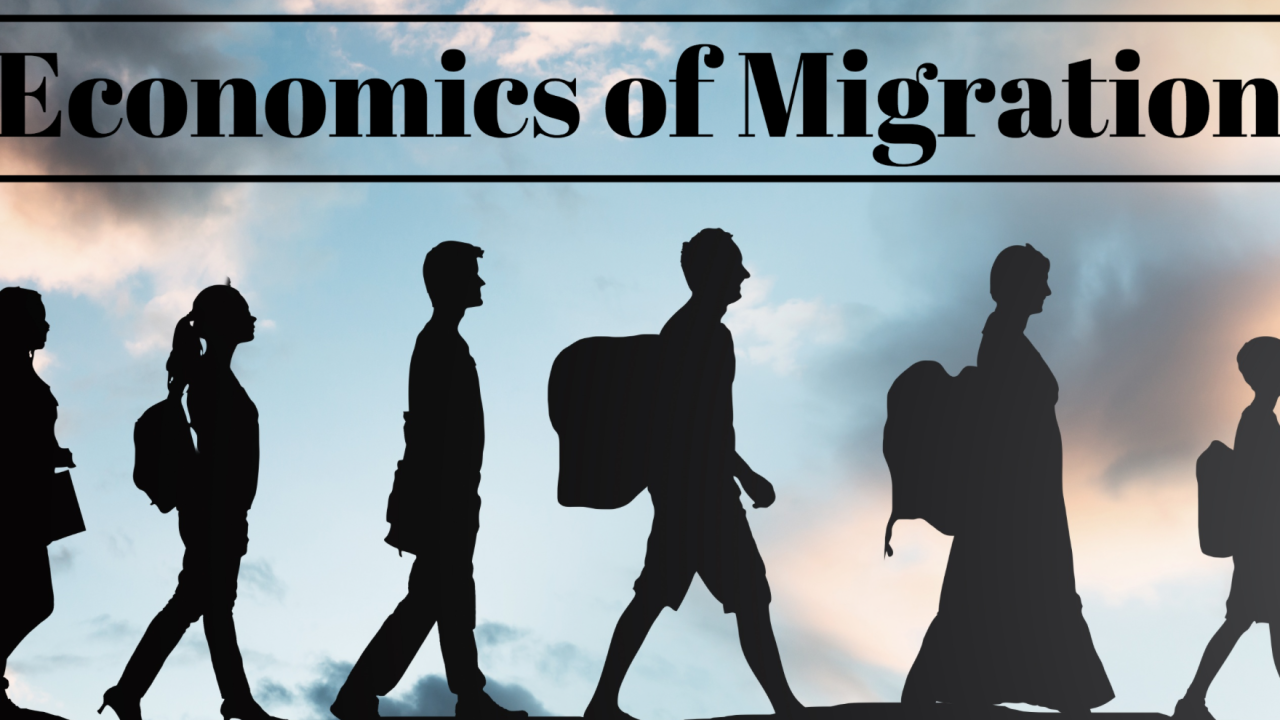
Event Date
Speakers: Christina Gathmann (LISER), Jongoh Kim (LISER), and Christina Vonnahme (RWI Essen and U Bochum)
Abstract:
Citizenship is the most important right a host country can bestow on its immigrant population. Yet, little is known which citizenship policies work and who actually benefits from them. To answer these questions, we estimate the marginal returns to citizenship on school performance for immigrant children. For identification, we use two national reforms, which introduced birthright citizenship and defined pathways to naturalization for first-generation immigrants. We find relevant heterogeneity in the returns to citizenship with reverse selection on gains, i.e., the returns are highest for those with the highest resistance to take-up. There is also perverse selection on gains for observable characteristics, especially whether the child is born in Germany. On average, the provision of citizenship significantly improves immigrant children's school outcomes in terms of a reduced probability of retention and better school grades. Policy simulations suggest that increasing citizenship take-up, e.g. by adopting U.S.-style birthright citizenship, would have positive effects for schooling outcomes.
Register Here
This event is sponsored by the UC Davis Global Migration Center and is part of the Senior Economics of Migration Series.
